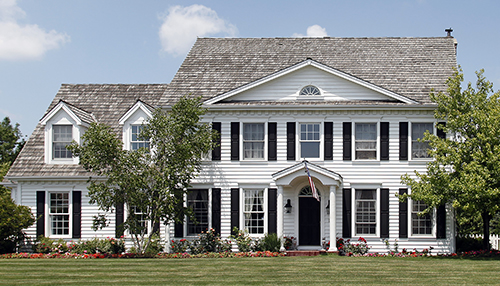So you think you’re ready to start flipping homes? Here are five points to consider before you get started:
1. Will you make money when you buy it? The cost of the renovation and the after-renovation value are fairly predictable within a reasonable margin of error, so the lower you buy, the better the margin. However, finding deals in this market is pretty tricky—most great deals are bought before they ever reach the market. Professional flippers spend a lot of time and money digging up these off-market deals, so you’ll really need to do your legwork in this regard.
2. Will you do the work or will you hire a contractor to do it? If you don’t have a general contractor license or you have no experience in this field, you’ll probably need to hire someone who does, which will chip into your final margin. The typical markup for a contractor is about 20% of the total cost of renovation.
3. How fast will the renovation be? The longer you hold on to the property, the more carrying costs you’ll have to deal with.
4. How quickly will the house sell? The fastest-selling home flips and the best home-flipping opportunities take place under the $250,000 mark. Our market is very competitive in this range, though, so be prepared to shop off-market.
5. How will you find off-market deals? Like I mentioned above, professional flippers put a lot of time and energy into digging up off-market deals, and there are a few common tactics they use, including:
- Sticking a sign along the road saying that they’ll buy “ugly” houses
- Attending garage sales where they can make potential sellers a cash offer with a quick closing
- Door-knocking
There’s really no way to get around this leg work. By the time a home is listed on the MLS, it’s probably not priced at a point where it would make sense to flip it.
One more thing to consider that’s not a part of this list but is important nevertheless is where you’ll get the money to buy the home. Most banks won’t lend a traditional mortgage loan to someone who’s planning on flipping a home (or holding on to it for less than six months), which means you’ll likely have to use cash or use a hard-money loan.
As always, if you have any questions about this or any other real estate topic, give me a call or shoot me an email. I’d be happy to speak with you.


